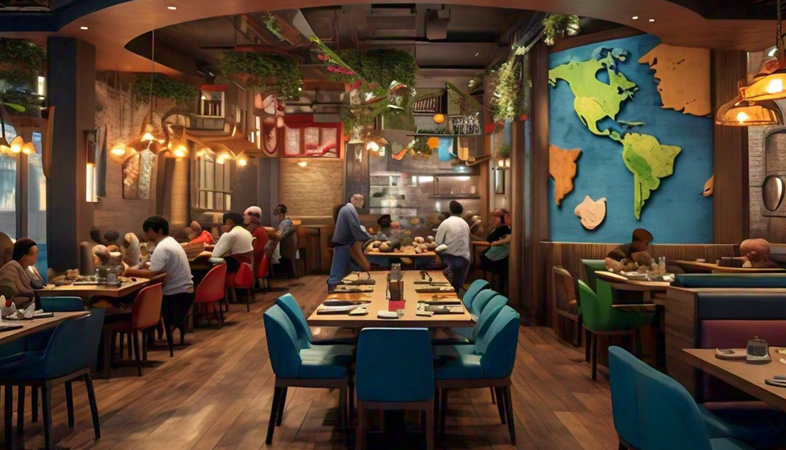SHARE
Commercials
More Posts
Apr 27, 2025
Promoting Team Collaboration in Kitchen Stewarding
Jan 28, 2025
Makai Cheesy Kaju Tikki - By Chef Rajat Ranjeet
Apr 27, 2025
Promoting Team Collaboration in Kitchen Stewarding
Jan 28, 2025
Makai Cheesy Kaju Tikki - By Chef Rajat Ranjeet
Apr 27, 2025
Promoting Team Collaboration in Kitchen Stewarding
Jan 28, 2025
.png)













 at ITC Hotels.jpeg)






.jpg)





